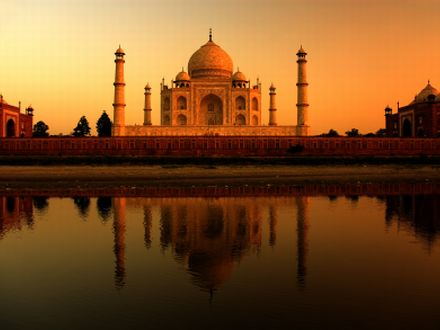There are meetings and occurrences in easier periods of our lives which are meant to be. On the other hand in more difficult periods of our lives everything requires much more energy than it normally would do in order for things to succeed. In these periods everything, every activity becomes more difficult, as does most of our meetings with other people, and we wish we could get over these things forever.

What is Vedic Astrology and its analysis for?
Who has not had the feeling that one day you are flying along and then on another day you feel only struggle, and even if you put lots of energy into something it gets you nowhere. This is the time when you should have a Vedic astrological analysis, which could tell you the days when you should do certain things and activities, start a new project, meet certain people, etc.
Of course making the decisions is still ours, we cannot put this responsibility on somebody or something else, but Vedic Astrology purely gives input to the planning of our future. Vedic Astrologers who have studied in India summarise it this way: Vedic astrology is like a weather forecast, it tells you if it will rain and then recommends that you take an umbrella with you. But it is up to you how you react, it is up to you whether you would like to be wet or not, you can take the advice and take your umbrella with you or you can leave it at home.
Western and Vedic Astrology
Vedic astrology consists of 12 signs just like Western astrology. But there is a difference regarding the exact locations of those signs. The other main difference is that Vedic astrology does not take into consideration the effect of the planets Uranus, Neptune and Pluto due to their distance from the earth. There are two other planets, namely Rahu and Ketu (called shadow planets) used in Vedic Astrology. The main characteristics of the shadow planets are that their movements are opposite to the other planets a